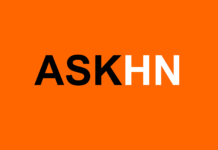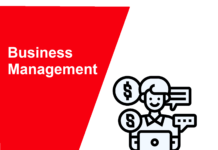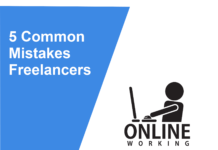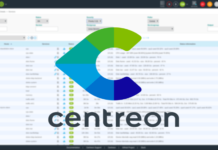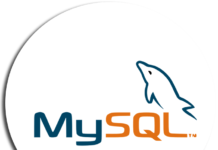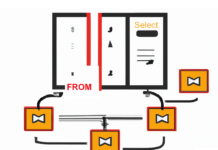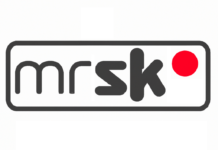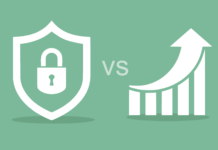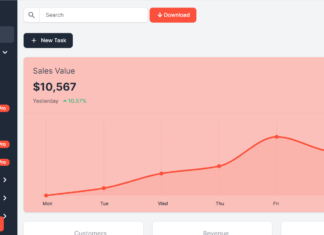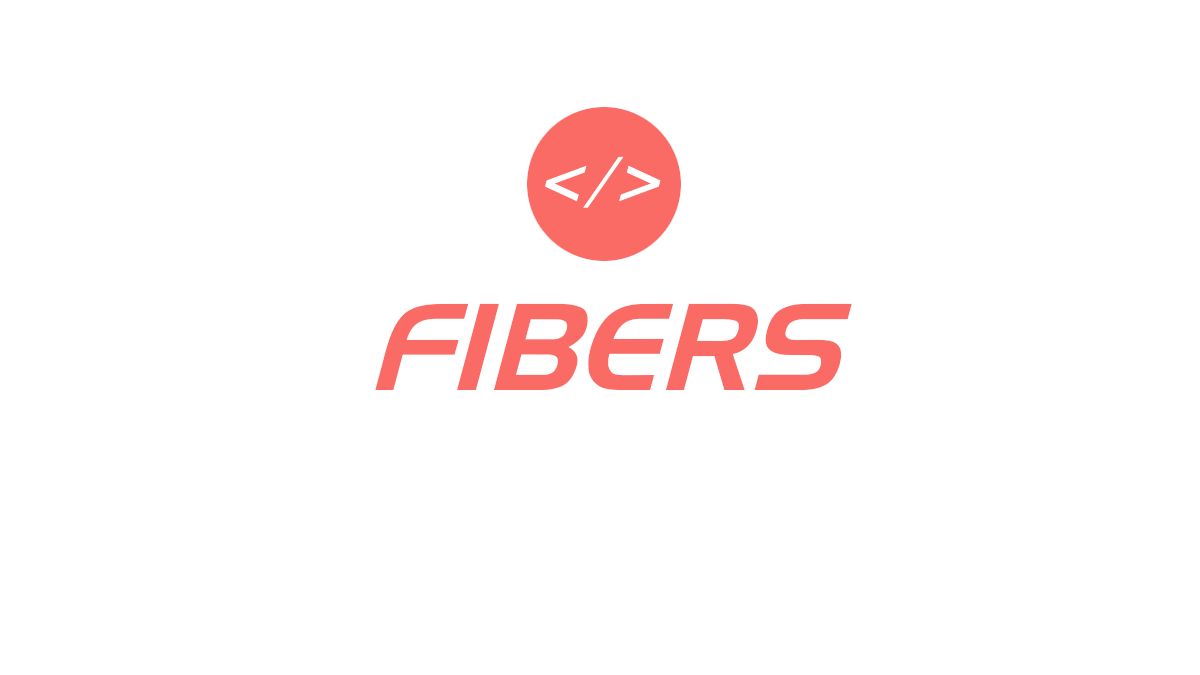The FTC Is Trying To Ban Many Outbound IVR Calls, a proposal that could have a major adverse affect on your business. In summary, the rule would prevent ANY automated outbound calling that is part of a plan, program, or campaign to induce the purchase of goods or services. Call centers would still be relatively free to use humans to make such calls to consumers with a “pre-existing business relationship”, but automated IVR type equipment would be banned even in “pre-existing business relationship” scenarios.
You should act upon this proposal and send your comments to the FTC before November 6, 2006. Voxeo in its latest newsletter send proposal of what you can write in comments, I’m posting them here for reference and so more people can read the news and act before next Monday :
- As a consumer, I want the ability to use the Internet and e-mail to sign up for new services provided via telephone. It’s just not practical to make me send a letter or a signed fax.
- My company makes hundreds of thousands of outbound calls using an automated system that does more than just play back a pre-recorded message. My system interacts with the caller, giving him the ability to ask questions, opt out of the call, and even file a complaint, all with the touch of a button or the speaking of a single word or phrase. Of the hundreds of thousands of calls my company has made, we have only ever received four complaints. This is a reduction of 12,000% over our previous method, which was to use a simple pre-recorded message.
- As a consumer, I like getting reminders to refill my prescriptions, or updates on new services available from my cable company. What I don’t like is getting spam from companies I’ve never heard of or having my number sold to some directory. You should focus on that problem, instead of making it more difficult or even impossible for me to continue to enjoy valuable phone services.
- An automated call is vastly better than a simple pre-recorded message. Please carve out automated services, where I can talk to the automated agent, ask questions, find out what the pre-existing business relationship is, if I am not aware, and also say one word or push one button to be placed on the company-specific Do Not Call List.
- As a consumer, I would rather get a pleasant call from an automated agent, then some outsourced call from an agent from overseas whom I can barely understand.
- Anyone who says VoIP makes it essentially costless to make outbound calls doesn’t understand how VoIP works or is priced in this country. The largest VoIP providers are all phone companies, for whom VoIP is replacing their regular LD offering. The price is not any different. The free stuff is when you are making calls from one computer to another, or using something like Skype.
- Current automated software makes it simple to give consumers the ability to opt out on the spot, or to ask for further information while on the call. You can ban the use of simple playback of pre-recorded messages, but don’t throw the baby out with the bathwater by also killing the innovative technologies that allow for interaction that can be ever better than a live agent.
And as a response to FTP proposal Voxeo believes :
- The FTC Rule is Overbroad and Ambiguous. We believe the rule is intended to stop voice-blast calling “phone spammers”, but the language proposed by the FTC prevents far more than just the worst-case phone spammers. For example, consumers previously commenting to the FTC said they do not want valuable calls like prescription refill reminders to be blocked. But, as written, the rule that does not include a carve-out or make a “safe harbor” for such calls. We believe that they think they did by saying INFORMATIONAL calls are okay but not SALES calls. The problem is a call like prescription refill is both INFORMATIONAL and SALES, and the propoosed rule gives us no guidance on that problem.
- The rule bars pre-recorded calls but allows call center agents. We believe that a more fundamental argument needs to be made that interactive automated calls are not the same as pre-recorded call-blast type calls. In fact, interactive calls are generally superior to call center agents when it comes to consumer preferences. Interactive calls can implement consistent best-practice features to let consumers opt out of calls quickly and easily. Interactive calls are often scripted and perfected before campaigns are launched, and, as a result, they are typically more professional and polite than call center agents. Also, consumers are far more likely to just hang up on an interactive call if they don’t want to participate than they are to hang up on a human call center agent. As a result, we believe a carve-out or “safe harbor” for interactive automated calls should be made that provides an easy option to opt-out from future calls.
- The requirement that consumers who do want to get calls need to authorize such calls in writing with a signature is excessive and impractical. This ruling completely ignores the fact that more and more of our communications take place online and via email. Imagine if you had to collect documents either via mail or FAX with signatures to make your calls. We think the rule should accept email and web authorizations the same as written ones.
- The FTC is worried that technologies like VOIP will make it even easier for the “spammer / blaster” type telemarketers to place more calls at an even lower price in the near future. What the FTC is not understanding here is that technologies such as VOIP will also make it easier for people to deliver high-quality, professional, opt-out enabled, interactive voice calls at a lower price as well. In short, good interactive calls will become price-competitive with spammer “voice blast” type calls in the coming years. However, again unfortunately, the current proposed rule wording would kill the opportunity for the market to advance to a more consumer friendly type of call.
Read the FTC’s Press Release Announcing the Proposed Rule
Send a Comment to the FTC
Read the FTC’s Memo Explaining its Proposed Rule

